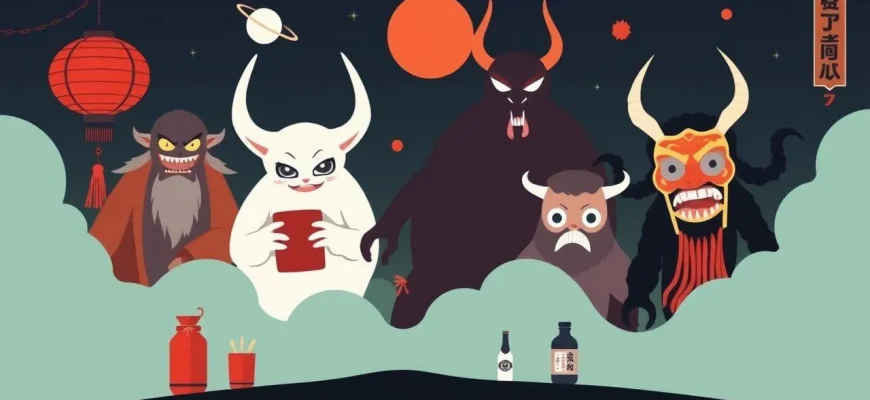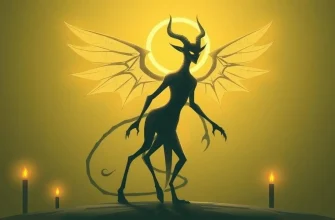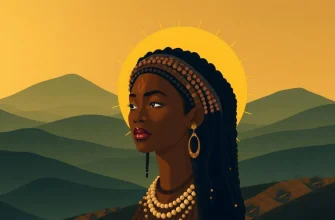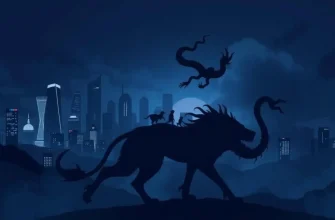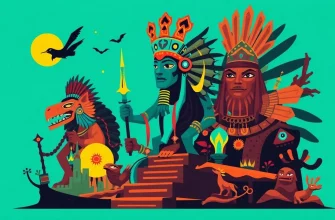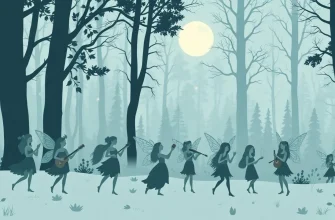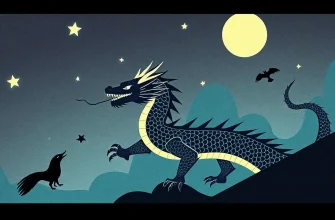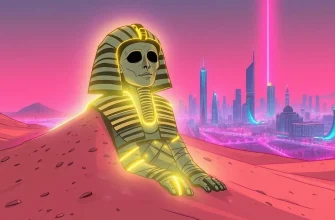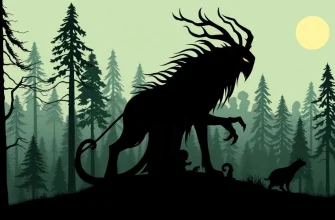Japanese folklore is rich with tales of yokai, supernatural creatures that range from mischievous to malevolent. This curated list of 10 films delves into the world of yokai, offering viewers a unique blend of mysticism, horror, and cultural insight. Each film has been selected for its authentic portrayal of these mythical beings and its availability in British English dubs, ensuring an accessible and immersive experience for English-speaking audiences.
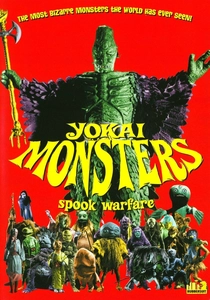
Yokai Monsters: Spook Warfare (1968)
Description: This classic film pits a group of yokai against a malevolent spirit, showcasing a variety of traditional yokai in a battle for justice.
Fact: It's part of a trilogy of films released in the late 1960s, all focusing on different aspects of yokai lore.
 Watch Now
Watch Now
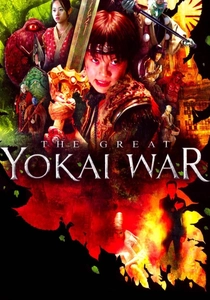
The Great Yokai War (2005)
Description: This film follows a young boy who becomes the "Kirin Rider" and leads an army of yokai to save Japan from an evil spirit. It's a vibrant showcase of various yokai, making it a perfect entry into this collection.
Fact: The film was directed by Takashi Miike, known for his eclectic and often extreme filmmaking style. It features over 100 different yokai, many of which are based on traditional folklore.
 Watch Now
Watch Now
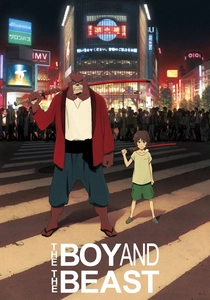
The Boy and the Beast (2015)
Description: While not exclusively about yokai, this film features a world where humans and beast-like creatures (including yokai) coexist. It explores themes of family and belonging through the lens of Japanese mythology.
Fact: The film was directed by Mamoru Hosoda, who is known for his visually stunning and emotionally rich storytelling. It was a major box office success in Japan.
 Watch Now
Watch Now
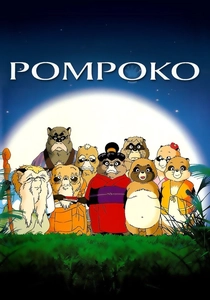
Pom Poko (1994)
Description: Studio Ghibli's "Pom Poko" tells the story of tanuki (raccoon dogs) who use their shapeshifting abilities to combat urban development. While not strictly yokai, tanuki are closely related to yokai in Japanese folklore.
Fact: The film was inspired by the real-life protests against the construction of the Narita International Airport. It's one of the few Ghibli films that focus on a more adult theme of environmentalism.
 30 Days Free
30 Days Free
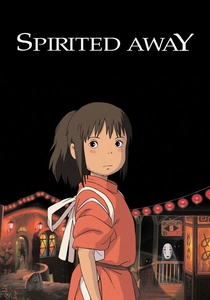
Spirited Away (2001)
Description: Although not solely about yokai, "Spirited Away" features numerous spirits and creatures from Japanese folklore, including the famous No-Face, which embodies aspects of yokai behavior.
Fact: This film won the Academy Award for Best Animated Feature, making it the first non-English-language film to win in this category.
 30 Days Free
30 Days Free
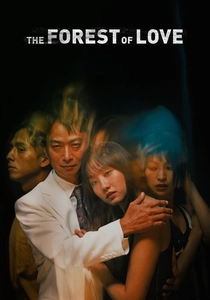
The Forest of Love (2019)
Description: This film, while not directly about yokai, delves into the psychological horror and folklore elements, with characters embodying yokai-like traits in their behavior.
Fact: Directed by Sion Sono, known for his provocative and often controversial films, this movie blends real-life crime with supernatural elements.
 30 Days Free
30 Days Free
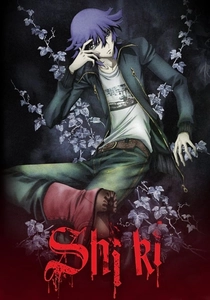
Shiki (2010)
Description: Although more of a vampire story, "Shiki" incorporates yokai-like creatures and explores themes of folklore and the supernatural in a modern setting.
Fact: The series was adapted from a popular manga and novel series, known for its dark and atmospheric storytelling.
 30 Days Free
30 Days Free
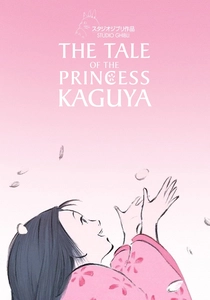
The Tale of the Princess Kaguya (2013)
Description: While primarily a retelling of a classic Japanese folktale, the film includes elements of yokai and supernatural phenomena, enriching the narrative with mystical undertones.
Fact: The film's art style is inspired by traditional Japanese sumi-e ink paintings, giving it a unique visual appeal.
 30 Days Free
30 Days Free

GeGeGe no Kitaro: The Movie (1985)
Description: Based on the manga by Shigeru Mizuki, this film introduces Kitaro, a yokai boy who helps humans and yokai coexist. It's a classic tale of yokai lore with a heartwarming narrative.
Fact: Shigeru Mizuki, the creator of Kitaro, was a WWII veteran who incorporated his experiences and love for folklore into his work, influencing Japanese pop culture significantly.
 30 Days Free
30 Days Free

The Haunted Samurai (2007)
Description: A samurai's journey is haunted by yokai, blending historical drama with supernatural elements, providing a unique perspective on yokai interactions with humans.
Fact: The film was inspired by the life of the famous samurai, Miyamoto Musashi, adding a layer of historical authenticity to the yokai encounters.
 30 Days Free
30 Days Free

